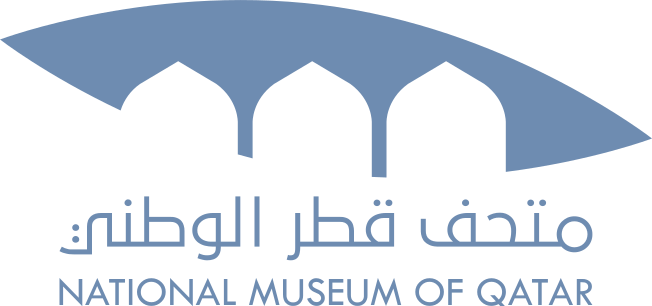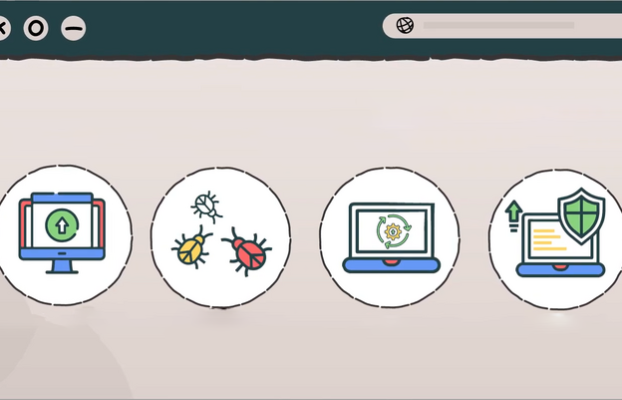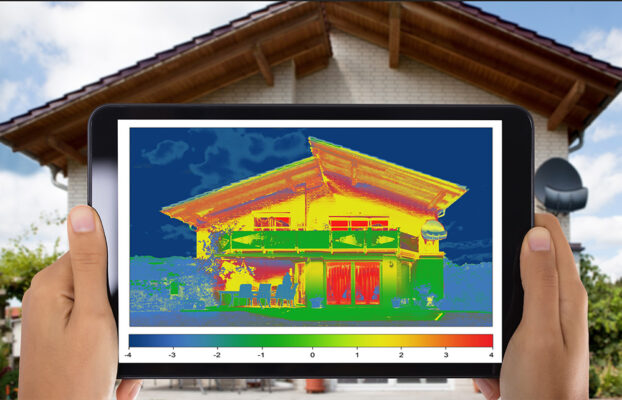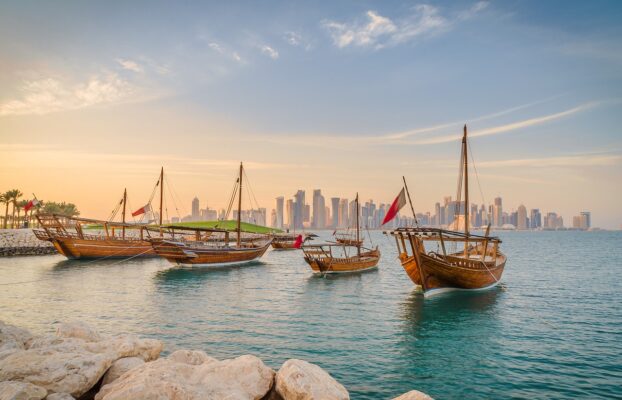Community initiative
Exhibit inspired community initiative
-
Culture and Heritage
QNV 2030: Human Development, Social Development
-
Resource Plan
-
SDG 11: Sustainable Cities and Communities
-
16 - 17, 17 - 18 years
-
Language(s), Qatar History, Social Studies, Visual Arts
-
Resource ID: 15517
- Share Feedback Embed Resource
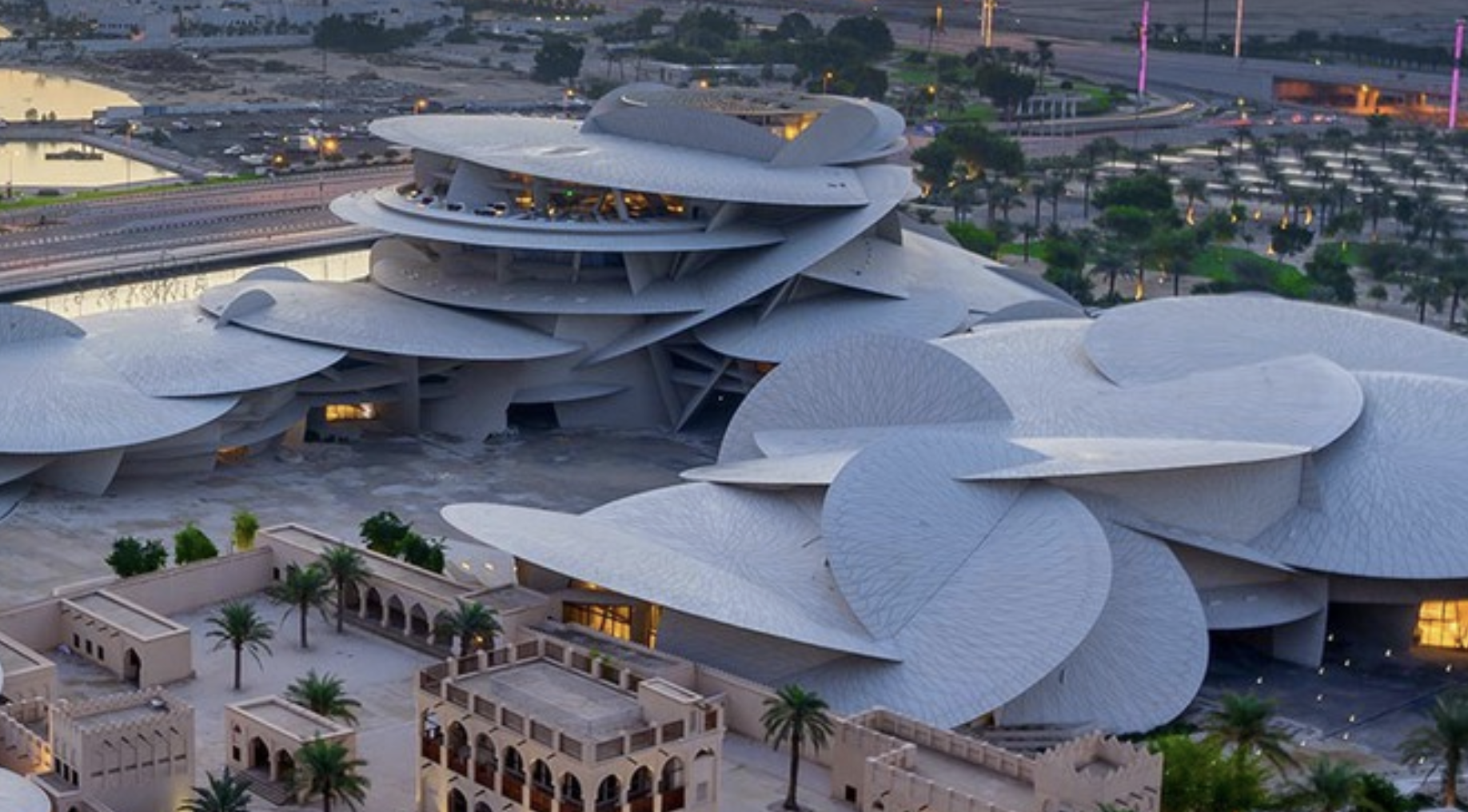
Overarching Goal(s)
- To inspire students to act in local/global sustainable ways.
Learning Outcomes
- Learners discuss, plan and evaluate learner initiated action using sustainable approaches.
- Learners embrace meaningful action through student agency.
- Learners develop life long skills which support their sustainable actions.
- Learners reflect on the impact of their actions and demonstrate their understanding of the action as related to sustainability.
Possible Duration (Hours)
4-5 hours.
Qatar National Vision 2030 Connection
Qatar National Vision 2030:
Human Development: Development of all Qatar’s people to enable them to sustain a prosperous society.
Social Development: Development of a just and caring society based on high moral standards, and capable of playing a significant role in the global partnership for development.
English: https://www.gco.gov.qa/en/about-qatar/national-vision2030/
Arabic: https://www.gco.gov.qa/ar/about-qatar/national-vision2030/
Source: Government Communications Office (2023). Qatar National Vision 2030. [online] Government Communications Office. Available at: https://www.gco.gov.qa/en/about-qatar/national-vision2030/
Sustainable Development Goals (SDGs) Connection
SDG 11: Sustainable Cities and Communities: By exploring cultural heritage and the importance of preserving it, students can gain an understanding of how communities can be more sustainable.
The 17 Sustainable Development Goals, United Nations
English: https://sdgs.un.org/goals
Arabic: https://sdgs.un.org/ar/goals
Source: United Nations (2024). The 17 Sustainable Development Goals. [online] United Nations. Available at: https://sdgs.un.org/goals
Action Learning Outcomes
- Learners become more aware of their own strengths and areas for growth.
- Learners undertake challenges that develop new skills.
- Learners discuss, evaluate and plan student-initiated activities.
- Learners persevere in action.
- Learners work collaboratively with others.
- Learners develop international-mindedness through glocalized engagement, multilingualism and intercultural understanding
- Learners consider the ethical implications of their actions.
Content
The “Exhibit-Inspired Community Initiative” is designed for students aged 16-18, focusing on creating action-oriented projects that are directly inspired by the exhibits at the National Museum of Qatar (NMoQ). This initiative aims to connect students with their cultural heritage while encouraging them to make a tangible, positive impact in their communities.
- Resource Identification: Utilize NMoQ exhibits, local experts, museum library resources, and community organizations.
- Subject Matter: Emphasize Qatari cultural heritage, environmental sustainability, architecture, and social-economic development.
- Resource Utilization: Analyze exhibits, participate in workshops, use digital media for documentation, and employ collaborative tools.
- Glocalisation Connection: Address local issues with global insights, promote cultural exchange and multilingualism.
- Differentiation: Adapt to various learning styles, adjust project complexity, and balance individual and group tasks.
- Critical Thinking: Foster problem-solving, enhance analytical skills, and discuss ethical aspects of cultural representation.
- Real World Application: Implement community-centric projects, focus on sustainability, preserve culture, and incorporate feedback for project evaluation.
Strategies
Responsive and Adaptive Pedagogy
- Personalization: Adjust activities to fit diverse interests and skill levels.
- Flexibility: Modify teaching approaches in response to student feedback and progress.
Critical Thinking Skills
- Questioning: Promote deep questioning about exhibit relevance to projects.
- Evidence-Based Reasoning: Encourage decisions supported by museum-sourced information.
Inquiry
- Exploratory Learning: Foster independent exploration of museum exhibits.
- Guided Research: Structure opportunities for in-depth investigation into Qatari culture.
Collaboration
- Teamwork: Support group activities for effective communication and role-sharing.
- Community Involvement: Motivate students to collaborate with local experts and groups.
Problem Solving
- Creative Solutions: Inspire innovative problem-solving in projects.
- Critical Analysis: Educate on analyzing and overcoming project challenges.
Learning Experiences
Learning Engagement
Part 1: Exhibit Exploration and Selection
- Student Task: Visit NMoQ and explore various exhibits. Each student or group selects one exhibit that particularly resonates with them.
- Instructions: Take notes, photographs, and ask questions to museum staff. Reflect on why this exhibit stands out and how it relates to Qatari culture and heritage.
- Teacher Role: Facilitate the museum visit, ensure students engage with the exhibits, and provide guidance on how to analyze and select an exhibit.
Part 2: Research and Conceptualization
- Student Task: Conduct in-depth research on the chosen exhibit. Develop a project concept that connects the exhibit to a community initiative.
- Instructions: Use museum resources, online databases, and interviews with experts. Brainstorm ideas in groups, focusing on creativity and feasibility.
- Teacher Role: Provide research materials, teach effective research methods, and help students in brainstorming and refining their project ideas.
Part 3: Project Planning and implementation.
- Student Task: Create a detailed plan for the community initiative, including objectives, required resources, timelines, and responsibilities. Carry out the project in the community. This could involve organizing events, workshops, or creating digital content.
- Instructions: Outline the project in a structured format, assign roles within the group, and set realistic timelines.Execute the project as per the plan, adapt to any challenges, and document the process.
- Teacher Role: Guide students in project management skills, review project plans for clarity and completeness, and provide feedback. Monitor the project’s progress, provide logistical support, and encourage problem-solving and adaptability.
Part 4: Presentation and Reflection
- Student Task: Present the completed project to peers, community members, and NMoQ staff. Reflect on the project’s impact and personal learning.
- Instructions: Prepare a presentation with visual aids, share experiences, challenges faced, and lessons learned.
- Teacher Role: Organize the presentation event, provide a platform for feedback, and facilitate reflective discussions.
Use the Predetermined Criteria for Assessing the “Exhibit-Inspired Community Initiative”
Checking for Understanding
- Student Task: Participate in a feedback session, discussing what worked well and areas for improvement.
- Instructions: Engage in self-assessment, peer reviews, and receive feedback from the teacher and possibly community members.
- Teacher Role: Conduct a constructive feedback session, assess the project based on predefined criteria, and encourage students to think about future applications of their learning.
- Formative Feedback: Continuously guide project development with feedback.
- Reflective Learning: Promote self-reflection and learning assessment in project work.
Use the Predetermined Criteria for Assessing the “Exhibit-Inspired Community Initiative
Key Vocabulary
adaptability, collaboration, community engagement, creative solutions, critical thinking, cultural heritage, ethical considerations, evidence-based reasoning, exploratory learning, formative assessment, global citizenship, innovation, intercultural understanding, local and global impact, multilingualism, problem solving, project management, reflective practice, sustainability, team dynamics.
Resources
Resource Publisher
National Museum
The National Museum of Qatar (NMoQ) gives voice to Qatar’s rich heritage and culture. They welcome diverse communities to their vibrant and immersive space to come together to experience Qatar’s past, present, and future.
